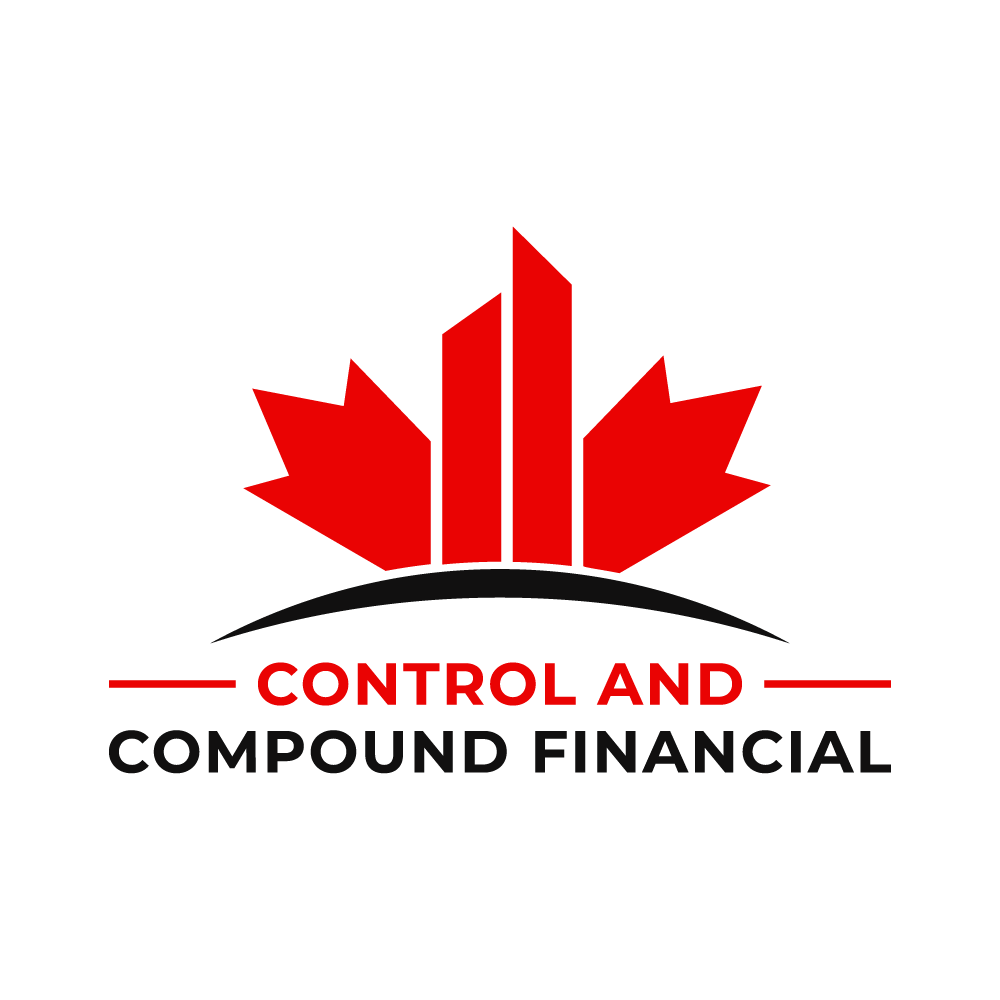RRSP Advantages and Disadvantages
Busting Registered Retirement Savings Plan Myths
The Registered Retirement Savings Plan (RRSP) is frequently celebrated as an essential element of retirement planning in Canada, not only for its tax-deferred savings feature but also for the immediate tax deduction it offers, potentially reducing your current taxable income. However, the complexities of RRSPs paint a more nuanced scenario, necessitating a deep dive to grasp and strategically utilize its benefits fully. This intricate landscape underscores the importance of a comprehensive understanding to effectively maneuver through the various aspects of RRSPs for optimal retirement planning.
Jump to:
The Basics of RRSPs: Understanding Tax Deferral
At its core, the RRSP investments allow contributions to reduce taxable income, deferring income taxes until funds are withdrawn in retirement. This mechanism assumes that individuals will be in a lower tax bracket upon retirement, benefiting from the initial tax deferral. However, this is not a one-size-fits-all solution. The deferred tax is not eliminated; it is postponed, creating a potential future tax liability that can impact retirement income significantly.
Misconceptions Surrounding RRSPs and Taxable Income
Tax-Free Growth and Income Tax Savings
One prevalent myth surrounding RRSPs is the notion of tax-free growth, often intertwined with the allure of immediate income tax savings from contributions. While investments within an RRSP grow without incurring income taxes annually, offering a semblance of tax-free expansion, it's crucial to understand that withdrawals are subject to income tax. This fact emphasizes the need for meticulous planning around contributions and withdrawals, ensuring that the upfront savings from RRSP contributions are effectively leveraged to minimize the income tax burden during retirement years when strategic withdrawal becomes crucial in preserving those income tax benefits.
A telling example involves a business owner who, drawn by the allure of immediate tax deduction benefits, made substantial contributions to his RRSP. Seduced by the notion of tax-free growth within the RRSP, he overlooked the crucial consideration of his future tax bracket. When retirement came around, his investments outside the RRSP had prospered, unexpectedly bumping him into a higher tax bracket. This shift necessitated him to pay income tax on his RRSP withdrawals at a rate far beyond his initial projections, effectively erasing the short-term tax benefits he had enjoyed. This significant tax obligation on the RRSP withdrawals and the need to pay tax at a higher income tax rate underscored the paramount importance of grasping the entirety of RRSP taxation nuances. This personal anecdote is a stark reminder of the potential risks of RRSP contributions without a holistic, forward-thinking financial strategy.
The Urgency of Contribution Deadlines and Tax Deductions
Financial institutions often emphasize the RRSP contribution deadline, creating a sense of immediacy that might eclipse the need for careful financial planning. This push is closely linked to the immediate benefit of income tax deductions associated with RRSP contributions, urging investors to act to capitalize on these tax deferrals quickly. However, this rushed approach might not account for the future obligation to pay income tax upon withdrawal, nor does it align with a long-term financial strategy. Such a short-sighted focus on tax savings can undermine crafting a steady, well-thought-out retirement savings plan, potentially resulting in suboptimal economic outcomes. This is particularly true for individuals in higher income brackets or those with substantial investments in real estate or business ventures, who may later face significant tax bills, negating the initial tax advantages when they eventually pay tax on their RRSP withdrawals.
Limitations and Considerations for Investors
Flexibility Concerns: RRSPs lack liquidity. Early withdrawals can lead to significant tax penalties, except under specific conditions like the Home Buyers' Plan and Lifelong Learning Plan. This inflexibility poses challenges for those who may require access to their funds for investment opportunities or unforeseen circumstances.
Estate Planning Implications: One of the most critical aspects of RRSPs involves their treatment upon the holder's death. Unless transferred to a surviving spouse, the total value of the RRSP is taxed as income in the year of death, potentially leaving a substantial taxable income for the estate. This factor makes comprehensive estate planning essential for RRSP holders.
RRSPs: Not a One-Size-Fits-All Solution
While Registered Retirement Savings Plans offer clear benefits for some, particularly those with a lower-income retirement projection, they may not be the best choice for everyone. Business owners and high-income earners should carefully consider the RRSP's limitations. Alternative investment strategies, offering more flexibility and tax efficiency, may align better with their financial goals and estate planning needs.
The decision to invest in an RRSP should be made with a complete understanding of its benefits and drawbacks. While it remains a valuable tool for retirement savings, it is crucial to consider individual financial situations, long-term goals, and tax implications. For many, exploring alternative strategies may provide a more personalized path to economic security in retirement, emphasizing the importance of tailored financial planning.
MEET DARREN MITCHELL AND THE CONTROL AND COMPOUND TEAM
At Control and Compound Financial, we are the guiding hands for real estate investors and business owners throughout Canada, fostering wealth and prosperity. Our expertise lies in understanding the intricacies of real estate investment and business ownership. After all, we are business owners and real estate investors ourselves, immersed in these spheres daily.
Embark on a journey of Limitless Financial Potential by scheduling a conversation with the Control and Compound Team. Benefit from a Complimentary Education Session that serves as your stepping stone toward harnessing boundless financial horizons.

